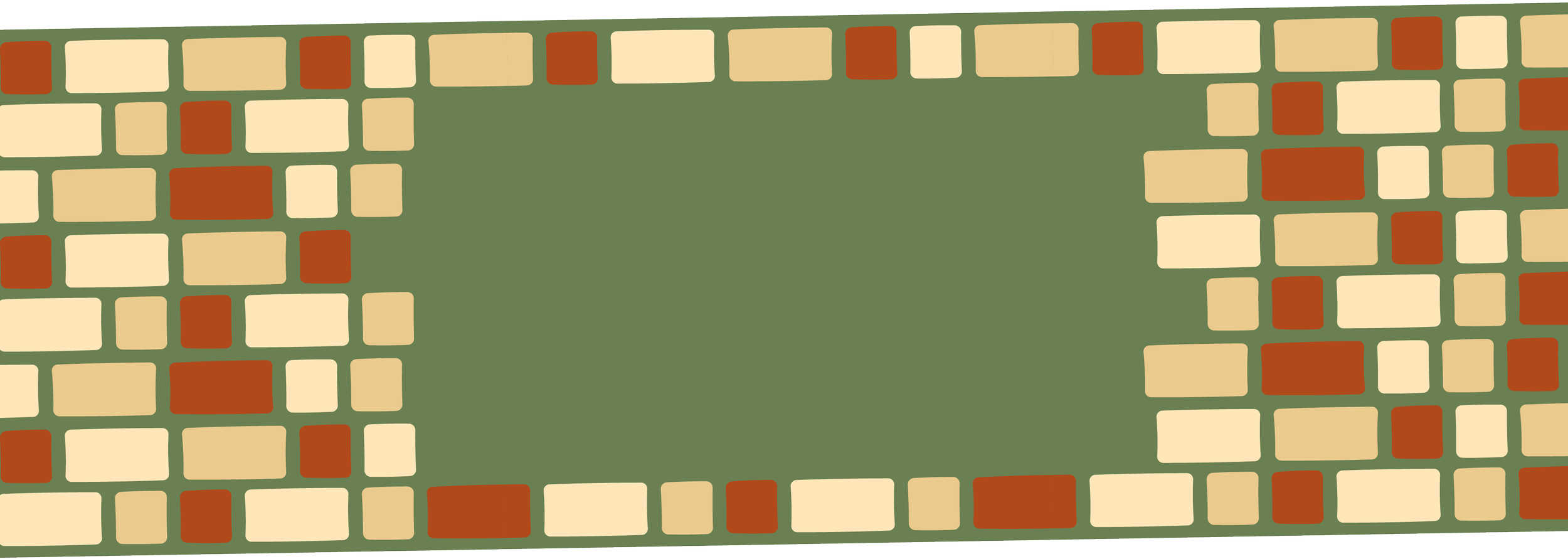
Educational Development
The ‘Educational Development’ component of our work focuses on improving the quality of our educational delivery, as well as the socio-emotional wellbeing of the pupils.
Teacher Training
In collaboration with education specialists, we have developed a training and mentoring package for teaching staff to augment their existing training.
The programme focuses on learner-centred teaching methods and tailors additional training to teacher progress and priority needs. Trainings consist of a combination of workshops and observations of teaching practice, which includes:
Understanding and use of ‘Pedagogical Content Knowledge’
Effective teaching techniques to larger, mixed abilities classrooms
Teacher to teacher observations in live classroom settings
‘Microteaching’
Self-relfection for sustained behavioural change
This additional training helps in an environment where there was previously no centralised, formalised Teaching Management Information System, meaning teachers would have varying levels of training, skills and expertise, negatively impacting learners.
Literacy and Phonics Programme
The Uganda School Project's Literacy and Phonics program addresses the literacy challenges faced by children in Uganda by providing ‘catch up’ lessons based on current ability.
By teaching this through phonics, the program equips children with crucial reading and writing skills, fostering a strong educational foundation. Literacy empowers individuals to access knowledge, communicate effectively, and participate actively in society, and across Uganda, only 53% of P6 children (approx 12yrs old) are literate.
By introducing phonics in an engaging manner, the program promotes a love for reading and learning, cultivating imagination, critical thinking, and a lifelong habit of reading for pleasure.
Overall, the Literacy and Phonics program is a vital educational initiative that empowers children not only to enhance their academic performance, but also to nurture skills crucial for life outside and beyond school.
The ‘School Mother’ Program
TUSP launched its ‘School Mother’ Programme in 2019. A School Mother is a respected female member of the community who works as a volunteer to mentor girls in school and can act as a champion for girls’ education and equality in the community.
The project aims to promote equal educational opportunities for girls in school and conduct advocacy to sensitise people in their communities to the value of educating girls.
At Bumakenya Primary School, the School Mothers Project has taken great shape since its launch in the Spring of 2019. Some of the improvements noticed as a result of the fortnightly workshops include:
Majority of participants now feel free to share ideas, issues, or concerns with the school mother Students with health issues were treated through the school mother’s effort
Outreach to inform the community, especially parents, about the School Mother Project
Successful training conducted on how to make reusable sanitary pads
Improved discipline of the learners, according to teachers and school mother
To date, we have supported pupils of Bumakenya Primary School:
Support girls to access and stay in school
Educate on early marriage and early pregnancy
Improve attendance in school, for female pupils in particular
To support girls in managing the growing up process (for example, understanding and managing puberty, menstruation, hygiene, risks linked to growth and development, sexual health)
To support girls with materials during menstruation and teach them how to make local pads
Promote equal opportunities for girls in and out of school
Give girls opportunities to be leaders
Engage boys in the achievement of equal opportunities for girls in and out of school
To act as links between schools, parents and communities

Help support our work by donating
£20 helps us to buy 4 desks, allowing 12 children to become literate, while £50 helps to feed all 450 pupils for an entire week.


